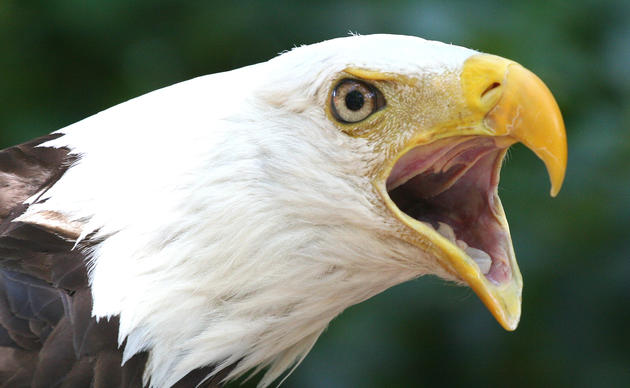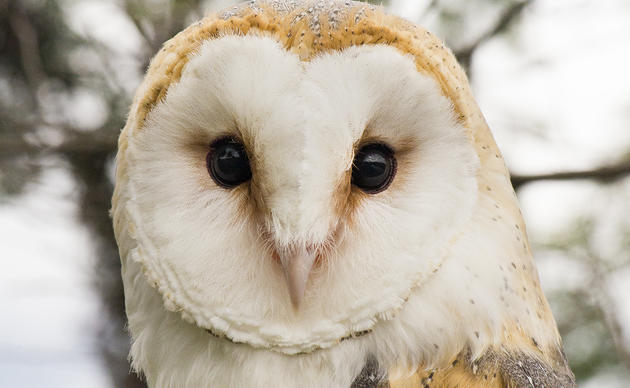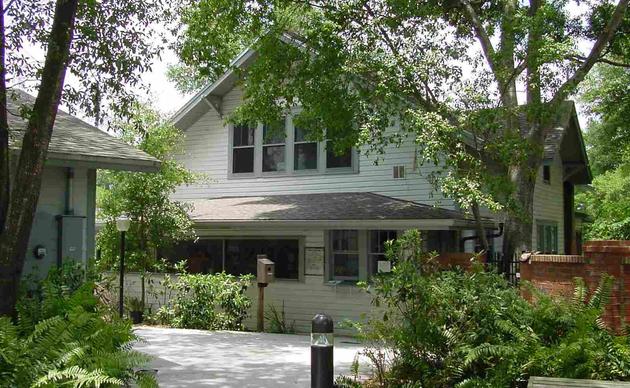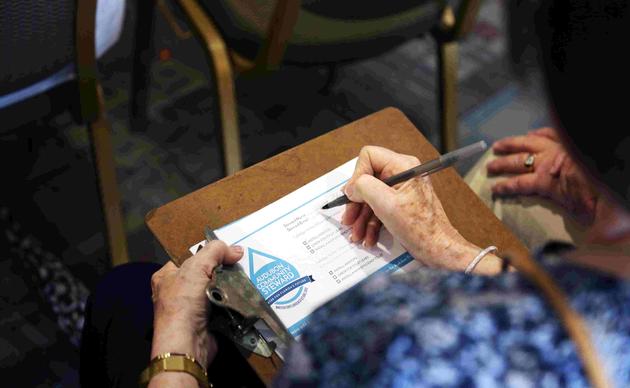EagleWatch Volunteer Job Description
Duties: As an EagleWatch volunteer, you’ll assume responsibility for monitoring a specific nest(s) for the duration of the nesting season (Oct-May). You’ll be assigned a nest(s) that is convenient for you to access. At a minimum, you will be expected to visit the nest at least twice each month for 20 minutes per visit and submit appropriate monthly reports.
It’s expected that you’ll conduct yourself in a responsible, professional manner.
Length of program: Monitoring begins in mid-October, when the eagle pair has returned to their territory. With successful fledging (usually in April-May), the monitoring is technically at an end. However, fledglings continue to return to the nest for up to 6-10 weeks post-fledge and many volunteers continue to observe the nest because it’s a very special time to observe the family interactions.
Training: It is required that new volunteers attend an Audubon Florida EagleWatch training program or read through the Volunteer Training Manual. EagleWatch trainings are scheduled at select locations in Florida during the months of September-October. To sign up to be notified of a training near you, contact the EagleWatch Manager for Audubon Florida at eaglewatch@audubon.org.
If you have questions or concerns, you contact the designated local EagleWatch County Coordinator where applicable, or the Audubon Florida EagleWatch Program Manager at eaglewatch@audubon.org or 407-644-0190 Ext. 118/ Audubon Center for Birds of Prey, 1101 Audubon Way, Maitland, FL 32751
Stewardship: In addition to monitoring the nest(s) and reporting the necessary data to Audubon, the role of stewarding must be emphasized. Stewardship, in the context of conservation is the acceptance of responsibility to shepherd and safeguard. In this case, the eagles, their young, and their habitat. Each year, EagleWatch volunteers have played a central role in identifying real and serious threats to the safety and well-being of their assigned eagle “family.” Timely contact with your EagleWatch Coordinator has resulted in appropriate intervention, typically in consort with the Florida Fish and Wildlife Conservation Commission.
As an EagleWatch Volunteer you serve as a first line of defense for the eagles. While you are observing your nest, look around for human activities that could affect the eagles and their nest.
- Excessive numbers of onlookers or photographers watching the nest.
- People approaching the nest closer than the suggested 330 foot guidelines.
- If appropriate, take the opportunity to educate people if you see them coming too close or making noise to catch a picture of the bird in flight (they will usually have a camera….).
- Construction markers close to the nest.
- Construction or tree clearing in the vicinity of the nest.
- Nests in cell towers where adequate signage has not been placed on the tower informing workers of the nest presence.
Please do not attempt to address potential nest threats or disturbances without guidance, and do not intervene directly in any dispute. Contact the Audubon EagleWatch Manager if you have concerns about anything you see occurring near your nest. Document as much as any threats or disturbance including descriptions and photos whenver possible. FWC Law Enforcement is responsible for enforcing the state and federal laws protecing Eagles and rely on our data and observations to inform their case.
No Trespassing: It is critical that you obey posted NO TRESPASSING signs on towers and private land. Do not enter any land without permission of the land owner or land manager on public lands. If the land owner does not give you permission, you will have to view the nest from the public right of way. If it is not visible from there, please contact your local coordinator or the Program Manager. Not all nests are going to be accessible. Being an EagleWatch volunteer does not grant you special privileges or permission to enter private property or any site where visible no trespassing signs are posted.
Cell towers: Cell towers are private property. It is essential that you never enter into the fenced area at the base of any tower unless permission has been granted by the cell tower company. Volunteers assigned to eagle nests on celltowers should collect information about the tower including site number and telephone numbers to call in case of emergency. This information is posted on the access gate to the facility. In case of fallen or injured eaglets at the base of any communication or power transmission tower permission, should be obtained from the company.
Private Property: Do not enter private property without permission. Do not go through gates or over fences near the nest site without permission from the land owner. Permission must be granted to enter gated communities. Do not attempt to sneak through the gate behind residents. Contact the EagleWatch Program Manager for assistance gaining entrance.
Nest etiquette: Download a copy of the EagleWatch Etiquette
How you can help, right now
Support the Audubon Center for Birds of Prey
Your donation helps to protect America's birds, wildlife, and habitats. Donate critical funding needed to support our important rehabilitation and education work.
Subscribe to Raptor News
Sign up for our monthly newsletter and stay up to date with what's happening at the Audubon Center for Birds of Prey.
Become a Water Steward
Engage the public in water and energy conservation using simple steps to save water inside the home, outside the home and in your community.




